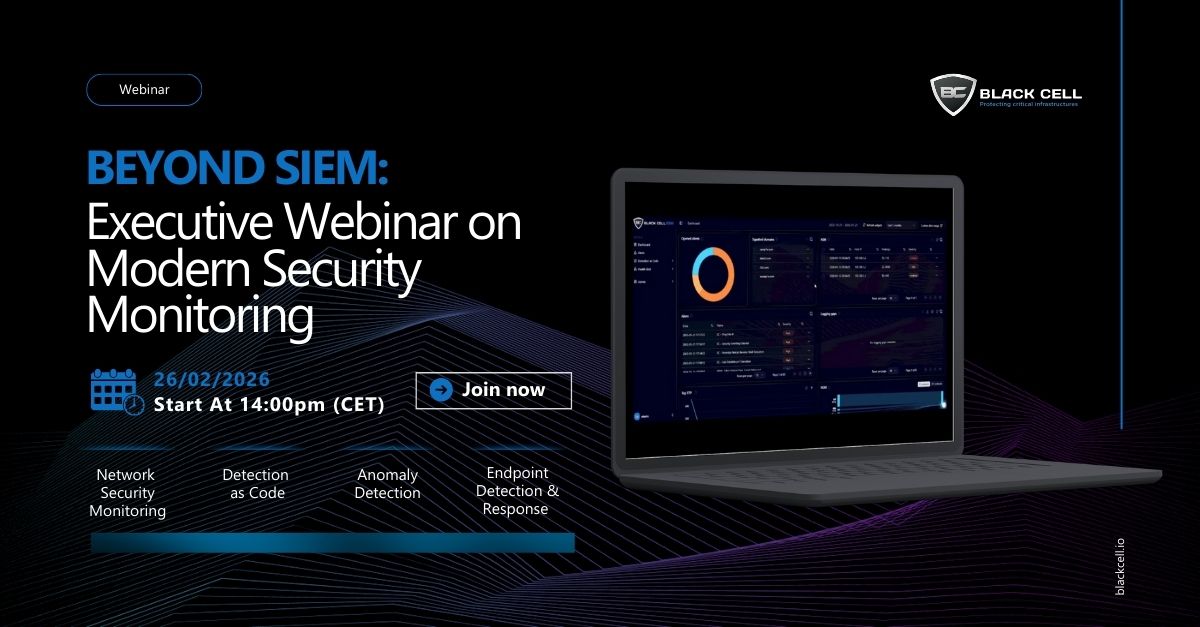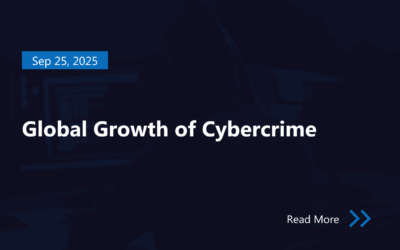In today’s digital age, cybersecurity compliance is not just an option but a necessity for every organization. Here’s why:
- Protecting Sensitive Data: Compliance regulations ensure that sensitive data, such as customer information and proprietary business data, is adequately protected from cyber threats and breaches.
- Legal and Regulatory Requirements: Compliance with cybersecurity standards and regulations is often mandated by laws and industry regulations. Failure to comply can result in hefty fines, legal penalties, and damage to your company’s reputation.
- Avoiding Non-Compliance Fines and Penalties: Adhering to cybersecurity compliance guidelines helps your company steer clear of non-compliance fines and penalties. By following established standards and regulations, you mitigate the risk of financial loss and reputational damage associated with non-compliance.
- Enhanced Security Posture: Implementing cybersecurity compliance measures contributes to an enhanced security posture for your organization. By adhering to industry best practices and standards, you can strengthen your defense mechanisms against cyber threats, reducing the likelihood of successful attacks and safeguarding your valuable assets.
- Maintain Trust and Reputation: By demonstrating compliance with cybersecurity standards, your company builds trust and confidence among customers, partners, and stakeholders, enhancing your reputation in the marketplace.
- Mitigating Cyber Risks: Compliance frameworks provide guidelines and best practices for identifying, assessing, and mitigating cyber risks, helping your company proactively address potential threats before they escalate.
- Business Continuity: Effective cybersecurity compliance measures help ensure business continuity by minimizing the likelihood and impact of cyber incidents, enabling your company to maintain operations and deliver services without disruption.
- Competitive Advantage: Compliance with cybersecurity standards can give your company a competitive edge by demonstrating to clients and partners that you take security seriously and are committed to protecting their data and interests.
In conclusion, cybersecurity compliance is essential for safeguarding your company’s assets, reputation, and continuity in an increasingly digital and interconnected world.
Author

Dr. Tamás Faragó
IT SECURITY AUDITOR
As an IT security auditor at Black Cell, Dr. Tamás Faragó is primarily responsible for handling data protection-related issues, legal matters, and physical and information security concerns for designated critical infrastructures and other clients.
Related Posts
Top 4 Cyber Threats Security Leaders Feel Least Prepared For
Even the most experienced security leaders admit they’re not fully ready for every threat lurking...
Global Growth of Cybercrime
In today’s hyper-connected world, cybercrime is no longer a distant threat - it’s a looming...





